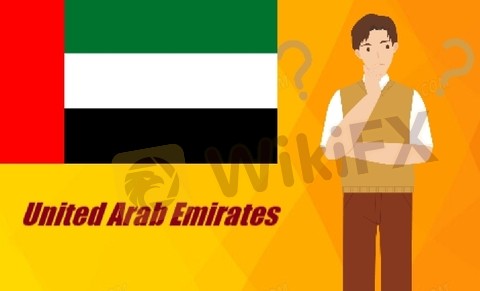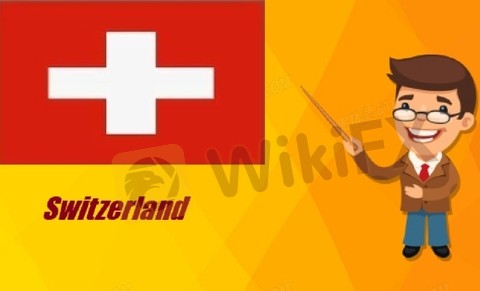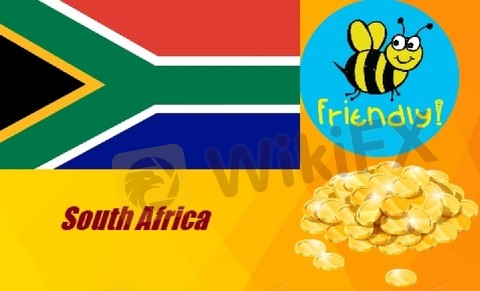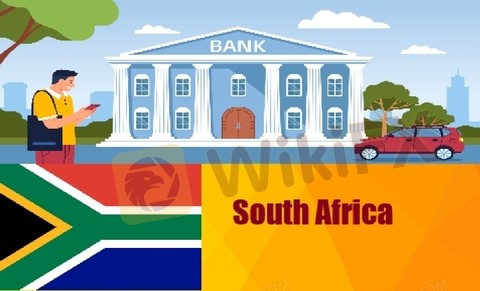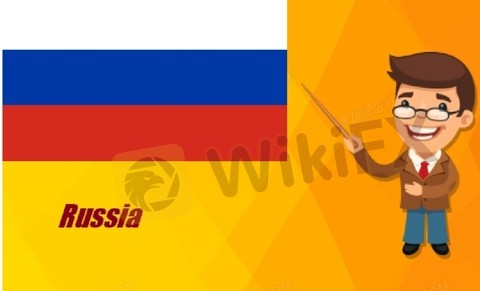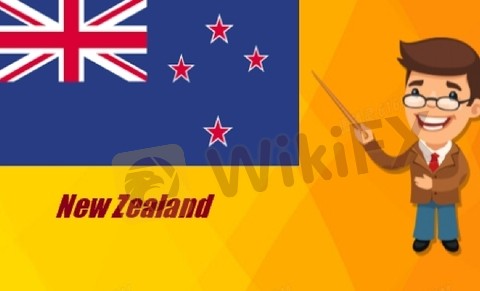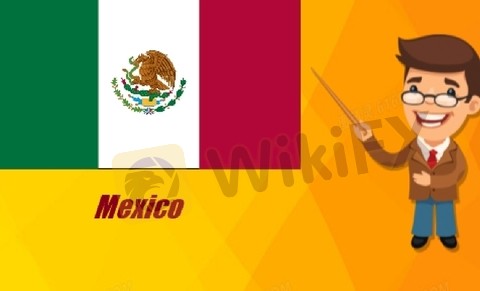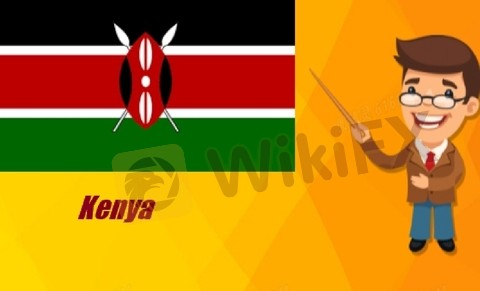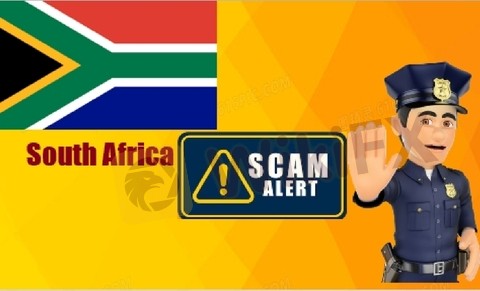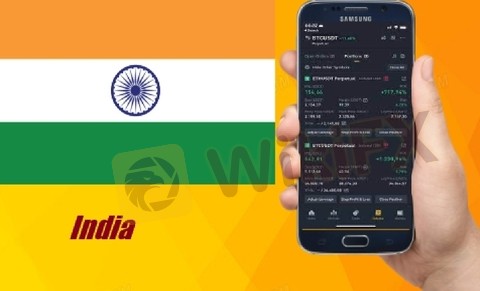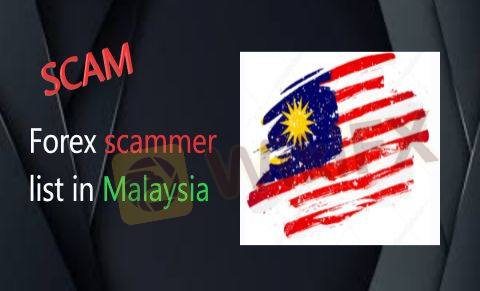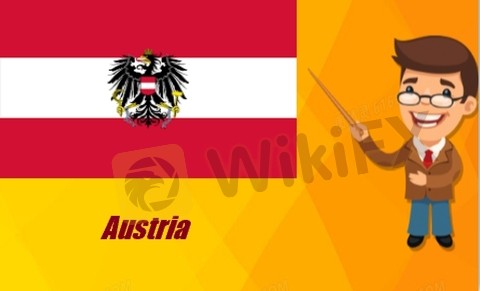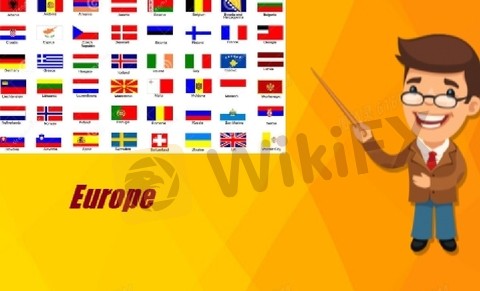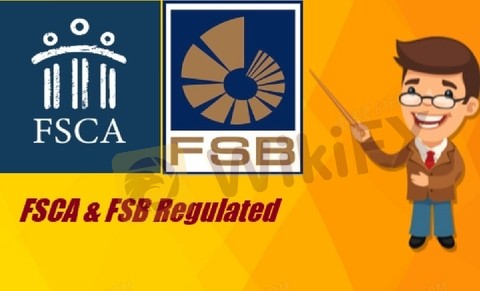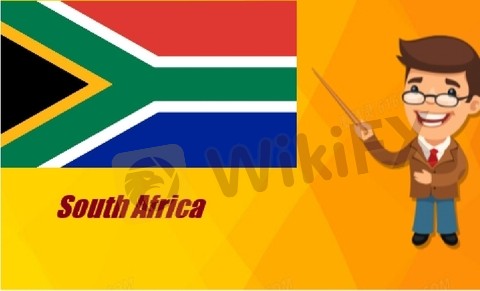Forex trading in South Africa has seen a substantial surge in participation, with many traders entering the landscape with aspirations of considerable wealth accumulation. A significant proportion of these traders opt for banks over forex brokers for forex trading for several distinct reasons:
• Enhanced Security
Banks operate within a rigorous regulatory framework that assures traders of the utmost security standards. This removes fears of financial misappropriation or insolvency that can occasionally plague forex brokerages. For example, in the event of a major market disruption, traders could lose money with a poorly-capitalized broker, while bank-backed forex trading provides a crucial layer of financial protection.
• Competitive Pricing
Large banks and top-tier liquidity providers are integrally linked within the forex market ecosystem. Large banks, such as Deutsche Bank, UBS, and Citibank, are often themselves top-tier liquidity providers. Therefore, banks with large forex trading volumes have the ability to offer competitive spreads, lowering the transaction costs for trades. For example, a big bank like Barclays might offer tighter spreads compared to a smaller broker, meaning a trader can potentially save more on transaction costs and maximize profits.
• Superior Service Quality
Generally, banks are larger institutions with more extensive resources compared to forex brokerages. Banks tend to have a large pool of experts with deep knowledge about financial markets. This proficiency ensures that their customers can access the right people for their needs, ensuring excellent customer service. Besides, banks often service a larger number of customers, granting them more experience handling a wide variety of queries and challenges, which translates into more efficient problem-solving capabilities and superior customer service.
• Customer Deposit Protection
Banks in South Africa are covered by the South African Deposit Insurance Scheme (DIS). If a bank participating in the scheme fails or becomes insolvent, the DIS will compensate the depositors up to a certain protected limit.This means the money deposited in a bank will be safe and insured as per the rules of the DIS, providing an extra layer of safety for traders.
• Ease of Money Management
Maintaining a forex trading account with your primary bank simplifies fund transfers. These internal transfers occur without the typical interbank delays, boasting quicker, seamless transactions.
• Access to Physical Branches
Having access to physical branches can be advantageous for a seamless customer service experience. In case of any major issues or complex queries, traders have the option to visit a branch and get face-to-face assistance. In contrast, many forex brokers operate in grey areas, with their physical address not existing at all.
Overview of the Best Forex Banks in South Africa
Standard Bank
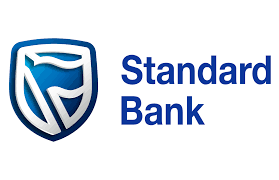 |
|
| Bank | Standard Bank |
| Founded in | 1862 |
| Headquartered in | Standard Bank Centre, Johannesburg, South Africa |
| Services | Commercial BankingForeign Currency ExchangeInsuranceInvestment BankingInvestment ManagementPrivate BankingConsumer BankingWealth Management |
| Total Asset | US$161.53 Billion ( as of June 2023) |
| Revenue | US$12.2 Billion |
| Net Income | USD $1.606 billion (as of January 11, 2024) |
| Number of Employees | 49,325 (2023) |
| Official Website | www.standardbank.com |
Established in 1862, Standard Bank stands as one of South Africa's oldest financial institutions with over 150 years of valuable heritage. With its strategic expansions, the bank today offers an extensive array of services like personal and business banking, along with corporate investment banking, wealth management, and insurance services. Unique features include its vigorous commitment to technology and innovation, and an active presence in various booming markets across Africa, giving it an edge in understanding and meeting unique market demands.
Standard Bank, through its Global Markets division, offers a robust platform for forex trading. It provides access to many forex products, facilitating trades in international currencies. Features like spot transactions, forward exchange contracts, currency futures, and other derivatives cater to diverse trading and hedging needs. Besides, the proprietary eMarketTrader platform offers integrated solutions to manage currency risks effectively. This, combined with certain supportive policies, underscores its commitment to simplify forex transactions.
How to open a forex account with Standard Bank:
Standard Bank offers forex trading services through its Standard Bank Forex platform for both retail and institutional clients. Here's a breakdown of the steps involved in opening an account:
1.Eligibility:
• Age: Be at least 18 years old.
• Residency: Be a South African resident or hold a valid work permit.
• Banking: Have an existing Standard Bank account for deposits and withdrawals.
• Tax Clearance: Provide your tax clearance certificate if required.
2. Choose your account type:
Standard Bank offers two main account types:
• Standard Forex Account: Beginner-friendly, with limited leverage (1:20) and access to major currencies. Accessible online or through Standard Bank branches.
• Prime Forex Account: For experienced traders, with higher leverage (up to 1:400) and a wider range of currency pairs. Requires application and KYC verification.
3. Complete the application process:
• Online: Most account types can be applied for online through the Standard Bank Forex platform.
• Branch: Alternatively, you can visit your nearest Standard Bank branch and speak to a financial advisor.
4. Provide necessary documents:
• Proof of identity (ID, passport)
• Proof of address (utility bill, bank statement)
• Income statements or proof of financial resources
• Tax clearance certificate (if required)
5. Fund your account:
Minimum deposit requirements may apply depending on the account type. You can deposit funds using various methods, including online banking, wire transfer, or EFT.
ABSA Bank
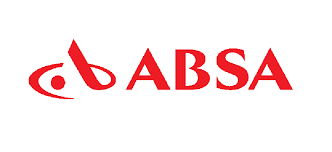 |
|
| Bank | ABSA Bank |
| Founded in | 1986 |
| Headquartered in | Johannesburg, South Africa |
| Services | • Loans • Checking • Savings • Investments • Debit Cards |
| Total Asset | US$169.9 billion |
| Revenue | US$8.3 Billion |
| Net Income | US$97 billion (as of 2022) |
| Number of Employees | 35,000+( 2022) |
| Official Website | www.mercantile.co.za |
ABSA Bank, originally known as Amalgamated Banks of South Africa, was established in 1986 through a merger of various financial institutions. Over the years, ABSA has transformed into a pan-African bank, extending its reach and services across 12 countries in Africa. ABSA offers a comprehensive array of services such as retail, business, corporate, and investment banking, wealth management, and insurance services, targeting from individuals to small businesses and large corporations.
ABSA features its digital banking solutions, enhancing customer convenience and modern banking experiences. Additionally, ABSA holds a front-foot position in promoting sustainable banking practices in Africa, integrating social and environmental elements in its decision-making processes.
ABSA Bank provides a comprehensive platform for forex trading through its Foreign Exchange department. Various foreign exchange products and services are offered, including spot and forward exchange contracts, options contracts and other structured products. ABSA's forex trading services are embedded with advanced technology and innovation, powered by the iMarket platform. It facilitates quick and effective trading with access to live trades and market updates. This platform provides real-time rates, risk management tools, and efficient processing of trades.
How to open a forex account:
1. Eligibility:
• Age: Be at least 18 years old.
• Residency: Be a South African resident or hold a valid work permit.
• Banking: Have an existing ABSA bank account for deposits and withdrawals.
• KYC Verification: Be prepared to complete Know Your Customer (KYC) verification to confirm your identity and address.
2. Choose your account type:
ABSA offers different forex accounts with varying features and risk levels:
• Currency Investment Account: Beginner-friendly with limited leverage (1:20) and access to major currencies. Accessible through online banking.
• Individual Margin Account: Suitable for experienced traders with higher leverage (up to 1:400) and a wider range of currency pairs. Requires application and KYC verification.
• Professional Margin Account: Designed for professional traders with access to advanced features and tools. Requires a minimum deposit of R100,000 and completion of a suitability assessment.
3. Apply for your chosen account:
• Online: Most account types can be accessed and applied online through ABSA Online Banking.
• Branch: Alternatively, you can visit your nearest ABSA branch and speak to a financial advisor.
4. Complete the application process:
• Provide personal and financial information.
• Complete a suitability assessment based on your experience and risk tolerance.
• Agree to the terms and conditions of the account.
5. Fund your account:
You can deposit funds using various methods, including online banking, wire transfer, or EFT. Minimum deposit requirements may apply depending on the account type.
NedBank
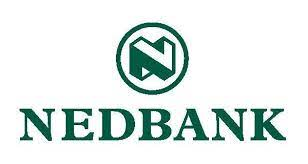 |
|
| Bank | NedBank |
| Founded in | 1888 |
| Headquartered in | Sandton, South Africa |
| Services | • Wholesale Banking Services • Retail Banking Services • Insurance • Asset Management • Wealth Management |
| Total Asset | USD $69.69 Billion |
| Revenue | USD $3.76 Billion ( 2022) |
| Net Income | USD $40 Billion (as of June of 2023) |
| Number of Employees | 31,277 (2018) |
| Official Website | https://personal.nedbank.co.za/ |
Founded in 1888, Nedbank is one of the largest banking groups in South Africa and has a proud heritage of more than 130 years. Over the years, it expanded its capabilities by merging with several banking institutions, significantly Syfrets in 1985, to become a comprehensive financial services provider. Nedbank provides multiple core banking and financial services, covering retail and business banking, investment banking, insurance, asset management, and wealth management. With these multidimensional service streams, it targets diverse clientele ranging from individuals to businesses and corporations.
Nedbank sets itself apart with its 'Green and Caring' approach to banking. This dual-focus strategy underscores the bank's commitment to utilize financial expertise for the benefit of the community and environment. Nedbank is a pioneer in sustainable banking practices in South Africa with green bonds issues and has actively promoted renewable energy financing projects.
Nedbank offers a comprehensive suite of forex trading services, making it a preferred choice for individuals and businesses interested in foreign exchange, including spot and forward exchange contracts, currency futures, swaps, and options. To ensure smooth forex transactions, Nedbank provides an innovative and user-friendly online platform, Nedbank Forex. This platform allows users to access live currency rates, initiate forex transactions, and manage their forex portfolio from anywhere and at any time.
How to apply for a Forex Account:
1. Eligibility:
You must be 18 years or older, a South African resident, and have an existing NedBank account.
2. Choose your account type:
NedBank offers two main types:
• Currency Investment Account: Beginner-friendly, limited leverage (1:20), accessible through online banking.
• Individual Margin Account: Experienced traders, higher leverage (up to 1:400), requires application and KYC verification.
3. Complete the application:
This involves providing personal and financial information, completing a suitability assessment, and agreeing to the terms and conditions.
4. Fund your account:
You can deposit funds using various methods, including online banking, wire transfer, or EFT.
Mercantile Bank
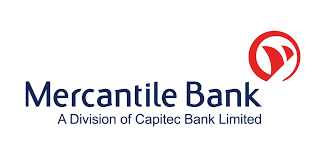 |
|
| Bank | Mercantile Bank |
| Founded in | 1965 |
| Headquartered in | Sandown, South Africa |
| Services | • Retail banking • Corporate finance• Asset Management |
| Total Asset | USD $5.25 Billion (as of September 2023) |
| Revenue | USD $0.22 Billion (2023) |
| Net Income | $20.9 million (2023) |
| Number of Employees | 669 |
| Official Website | www.mercantile.co.za |
Mercantile Bank, now known as Capitec Bank Business banking, is an esteemed financial institution in South Africa, established in 1965, with a rich history of over 50 years of providing personalized and specialized banking and financial services. The Mercantile Bank primarily catered to the needs of entrepreneurs and businesses in South Africa. It has always emphasized entrepreneurship and innovation, endorsing the expansion of small to medium-sized enterprises (SMEs) and aiding South Africa's economic growth.
The bank offered a diverse range of services, encompassing Commercial, Business and Private banking. These services encompassed savings and checking accounts, home loans, personal and business loans, and other investment services. Mercantile Bank shines with its dedication to personalized service. The bank believed in thoroughly understanding the client's business, industry and risks, thereby customizing banking solutions to meet their requirements.
While Mercantile Bank doesn't directly offer retail forex trading accounts for individuals, it actively supports forex trading in several ways for corporate and institutional clients. At the heart lies a team of seasoned FX traders, offering real-time market analyses and insights. They cater to individual client needs with tailored products like forward contracts, options, and swaps to manage currency exposure and optimize foreign exchange risk.. Their focus on compliance, risk management, and competitive pricing makes them a reliable partner for managing international currency exposure and optimizing foreign exchange activities.
How to apply for a Forex Account:
Mercantile Bank does not directly offer retail forex trading accounts for individuals. Their forex activities are focused on serving corporate and institutional clients with tailored solutions and services, which means individual investors cannot directly open a forex trading account with them.
1. Contact their Corporate or Institutional Banking division:
As retail forex trading isn't their focus, reaching out to their dedicated teams for corporate and institutional clients is the first step. You can find contact information on their website or by calling their main lines.
2. Discuss your specific needs and goals:
Their experienced relationship managers will work with you to understand your business's foreign exchange requirements, risk tolerance, and desired outcomes. This personalized approach ensures tailored solutions that cater to your unique situation.
3. Choose the appropriate service or product: Based on your needs, they may recommend solutions like:
• Foreign Exchange Trading Desk: Access real-time market analysis, competitive pricing, and expert execution of forex transactions through their dedicated trading team.
• Customizable Solutions: They offer a range of instruments like forward contracts, options, and swaps to manage currency exposure and hedge against potential risks.
• Multi-currency Accounts: Simplify international operations by holding and managing multiple currencies in a single account, facilitating effortless payments and receipts across border.
4. Complete the necessary paperwork and agreements: Once the desired service or product is chosen, you'll need to provide relevant documentation and finalize any necessary agreements to activate your account.
Frequently Asked Questions (FAQs)
What are the differences between forex trading through a bank and through a forex broker?
Forex trading through a bank and a forex broker can differ primarily in terms of the trading costs, the number of trading instruments, accessibility, and the level of security. Banks, usually, offer higher security, a more personalized service, but may pose higher trading costs and fewer trading instruments. Meanwhile, brokers tend to provide a wider variety of trading instruments, competitive spreads, but the security may vary depending on their regulations and authorizations.
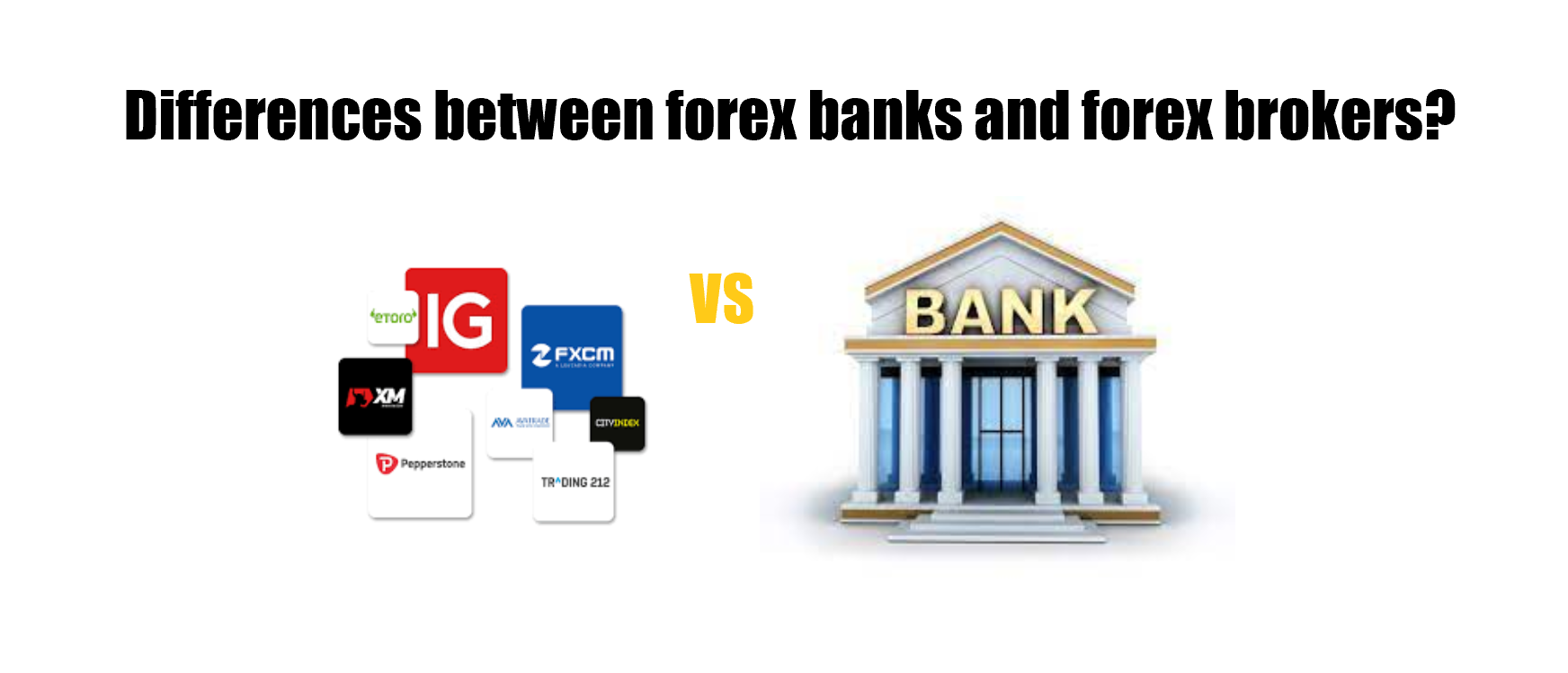
Are the rates offered by banks better than those offered by forex brokers?
Banks often provide more stability and can offer competitive rates for forex trading, particularly for larger, institutional traders. However, forex brokers may offer more attractive rates, especially for individual retail traders.

What leverage does banks provide for forex trading?
Retail forex traders in South Africa can access leverage up to 1:500 from licensed forex brokers. However, forex leverage offered by banks is much lower.
Standard Bank - Up to 1:50 leverage on currency pairs and 1:20 on crypto-currency CFDs.
Absa Bank - Maximum leverage of 1:25 on forex and precious metals trading.
Nedbank - 1:50 leverage offered on 'Executive Plan' forex accounts with higher minimum deposit.
Mercantile Bank - Up to 1:40 leverage provided based on client suitability assessments.
| Bank | Leverage Offered |
| Standard Bank | 1:50 for currency pairs1:20 on crypto-currency CFDs. |
| Absa Bank | 1:25 on forex and precious metals trading |
| Nedbank | 1:50 |
| Mercantile Bank | Up to 1:40 |
Do I need to pay taxes for my forex trading in South Africa?
Yes, in South Africa, profits from Forex trading is considered a taxable income. Forex profits are categorized under ‘Income from Trade’ as per SARS and taxed accordingly. For individual traders, it is added to other income and taxed as per income tax brackets from 18% - 45%. For registered companies and trusts, forex profits are taxed at standard corporate income tax rate of 28%. Traders need to declare forex profits when filing annual Income Tax Returns. All income must be declared whether from full-time trading or side income.
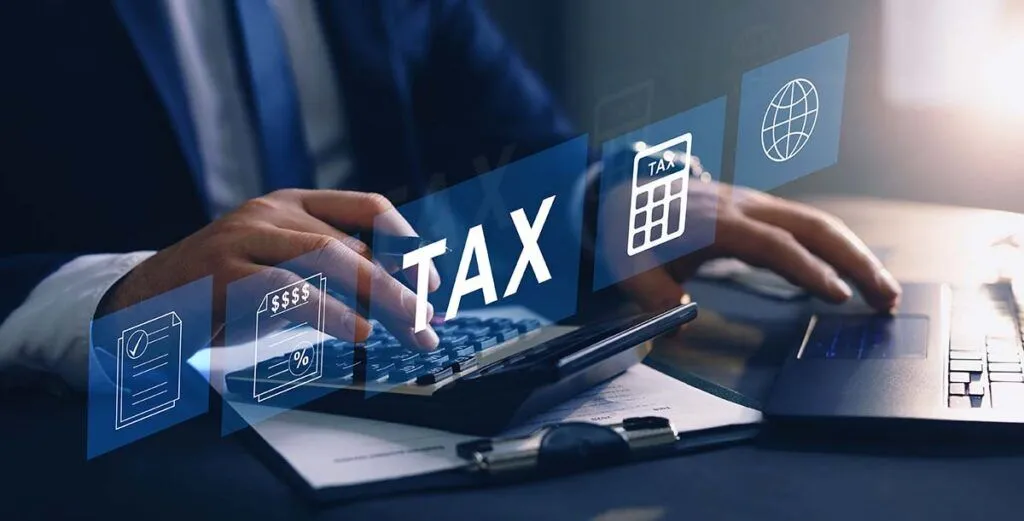
Are there any restrictions on currency pairs I can trade in South Africa?
While South Africa generally operates with a flexible foreign exchange regime, there are some restrictions on specific currency pairs and transactions you can trade.
ZAR-based pairs: Trading directly with the South African Rand (ZAR) is largely restricted to approved counterparties like authorized dealers and commercial banks. This aims to maintain stability and manage capital controls.
Restrictions on exotic pairs: Some less liquid or emerging market currencies, known as “exotic pairs”, may not be readily available for trading depending on your chosen platform or bank.
Regulatory limitations: Certain brokers or platforms, especially international ones, might have internal restrictions on offering currency pairs to South African clients based on their own licensing or risk management policies.
About WikiFX
On WikiFX.com, our evaluations of online forex brokers, along with their offerings and services, are derived from the data we've gathered and the informed insights and professional perspectives of our expert researchers. We conduct a thorough review of each broker's regulatory compliance, commission rates and charges, minimum deposit needs, leverage availability, performance of the trading platform, and the speed of withdrawal processes. Through our technologically-backed assistance, we strive to ensure you have a solid understanding of these aspects. We sincerely maintain an updated leaderboard of top brokers and offer extensive forex guides. With a catalog of over 50,000 brokers regulated by 30+ authorities,boosting confidence and simplifies trading experiences for your forex journey.
Disclaimer: All information published in this article is intended for informational purposes only, and it should not be considered as individual recommendations.
You Also Like:

Best Forex Brokers for Beginners in Nigeria for 2024
Select the top forex brokers for beginners in Nigeria from many companies to ensure a safe trading environment.
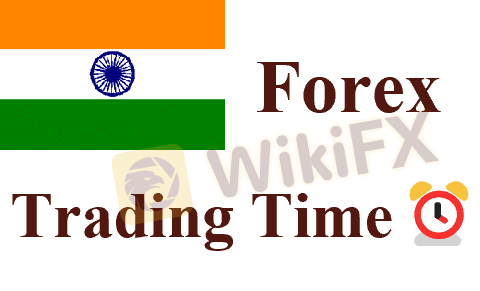
Best Forex Trading Time in India 2024
Optimize your Forex trading in India by understanding prime trading times and exploring broker options.
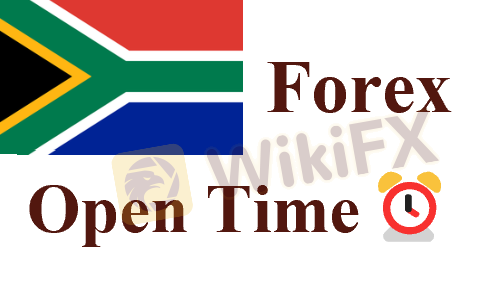
What Time the Forex Market Opens in South Africa
Boost your Forex trading in South Africa with our guide on peak market hours for optimal trade activity!
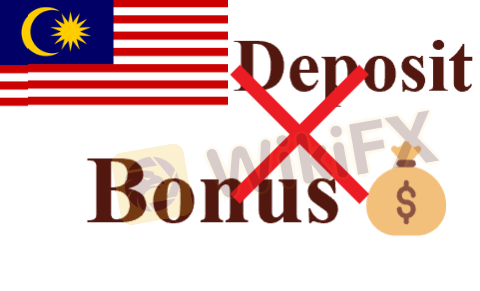
6 Best No Deposit Bonus Forex Brokers in Malaysia in 2024
Start Forex trading risk-free in Malaysia! Discover the six top brokers, featuring attractive no-deposit bonuses.







